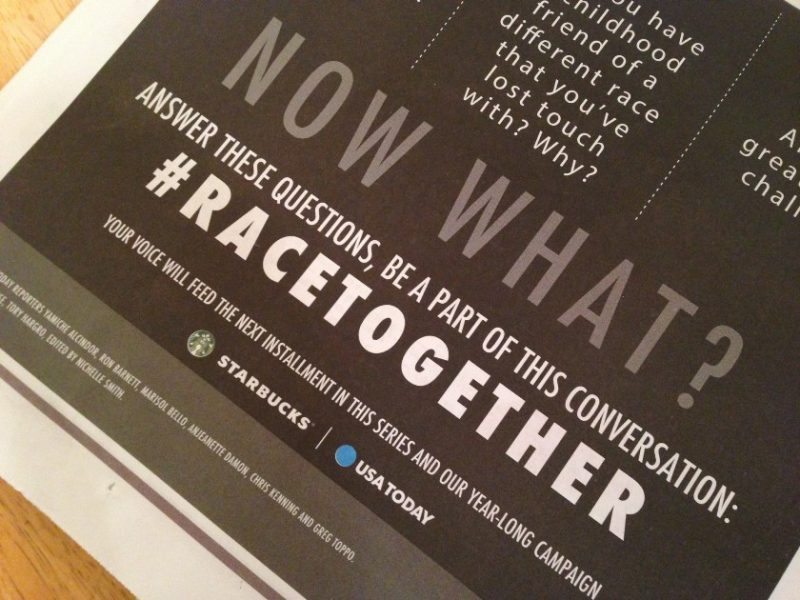
The Journal of Media Ethics, published by Taylor & Francis, has published “Evaluating the Reputation Management Industry through the Lens of Public Relations Ethics,” a new paper by Ben Medeiros.
An Assistant Professor at the Department of Communication Studies at the State University of New York in Plattsburgh, Mr. Medeiros has taken a close look at the reputation management industry. Interviews with many leaders in the field, including our CEO, add depth to his comprehensive essay. With reputation issues increasingly in the news, the time is right for his report.
An excerpt:
Inherited from English common law, the tort of defamation in America reflects a longstanding preoccupation with rectifying reputational injury. Likewise, public relations professionals have traditionally assisted public figures and businesses with managing their public image. In the digital age, a new force in reputation defense has become increasingly ubiquitous: so-called “online reputation management” companies.
Reputation management professionals offer to help ordinary citizens understand and manage how they appear to others with an assiduousness that would have only interested businesses or celebrities prior to the internet. They do so to ostensibly ameliorate a pervasive social anxiety that has arisen with social media and search engines: as a Fusion article put it in 2016, “five seconds of your life can become the entirety of your online identity.” If reputation management performs a function that is similar to defamation law and public relations in its ultimate aims, then what ethical and normative parameters guide reputation managers in offering their services, and how do they strike a balance between reputation protection and public access to information?
Anyone interested in learning more about online reputation management, will find Mr. Medeiros’ paper an invaluable look into an often-opaque practice. You can purchase the paper at Taylor & Francis Online and a preprint copy of the article is available here.




